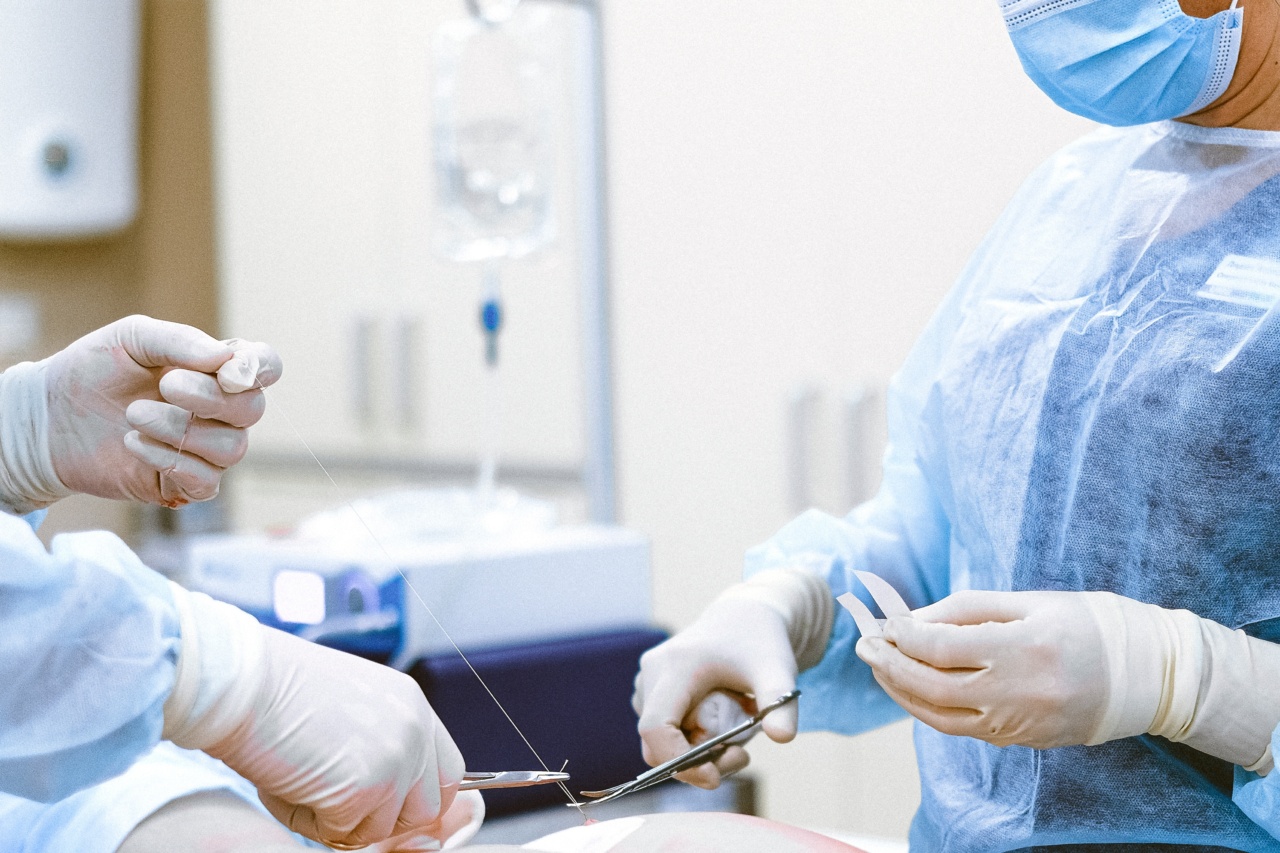Acne is a common skin condition that affects millions of people worldwide. It is characterized by the occurrence of pimples, blackheads, and whiteheads, which can be unsightly and sometimes painful.
While there are various factors that contribute to the development of acne, the role of diet cannot be overlooked. One important nutrient that has been found to play a significant role in acne prevention is Omega-3 fats.
What are Omega-3 Fats?
Omega-3 fats are a type of polyunsaturated fatty acids that are considered essential for the human body. They are considered essential because our bodies cannot produce them on their own and hence need to be obtained through diet.
The three main types of omega-3 fats are alpha-linolenic acid (ALA), eicosapentaenoic acid (EPA), and docosahexaenoic acid (DHA).
The Role of Omega-3 Fats in Acne Prevention
Omega-3 fats have numerous health benefits, including their potential role in preventing and reducing the severity of acne. Here are some ways in which these fats contribute to acne prevention:.
1. Reducing Inflammation
Inflammation is a key factor in the development of acne. Omega-3 fats have anti-inflammatory properties and can help in reducing the inflammation associated with acne.
They do this by inhibiting the production of pro-inflammatory molecules in the body, such as cytokines and prostaglandins.
2. Regulating Oil Production
Excessive oil production is another contributing factor to acne development. Omega-3 fats help regulate oil production in the skin glands by inhibiting the activity of enzymes that are involved in the production of sebum.
By reducing oil production, omega-3 fats can prevent clogged pores and reduce the occurrence of acne.
3. Promoting Healthy Skin Cell Turnover
Omega-3 fats play a role in promoting healthy skin cell turnover. They help in regulating the growth and differentiation of skin cells, ensuring a proper balance between the production and shedding of skin cells.
This is important in preventing the clogging of pores and reducing the formation of acne.
4. Enhancing Skin Barrier Function
A strong and intact skin barrier is crucial in preventing the entry of bacteria and other pathogens into the skin. Omega-3 fats help in maintaining the integrity of the skin barrier by improving its structure and function.
This can prevent the colonization of acne-causing bacteria on the skin, ultimately reducing the risk of acne.
5. Balancing Hormones
Hormonal imbalance is a common underlying cause of acne, particularly in teenagers and women with conditions like polycystic ovarian syndrome (PCOS).
Omega-3 fats help in balancing hormones by reducing the production of androgen hormones, which are known to contribute to acne development. By balancing hormones, omega-3 fats can help prevent and reduce the occurrence of acne.
Best Food Sources of Omega-3 Fats
Now that we understand the importance of omega-3 fats in acne prevention, let’s take a look at some of the best food sources of these essential fatty acids:.
1. Fatty Fish
Fatty fish like salmon, mackerel, and sardines are excellent sources of omega-3 fats, particularly EPA and DHA.
2. Chia Seeds
Chia seeds are small seeds that pack a powerful nutritional punch. They are high in omega-3 fats, fiber, protein, and various antioxidants.
3. Flaxseeds
Flaxseeds are one of the richest plant-based sources of omega-3 fats. They can be added to smoothies, yogurts, or baked goods.
4. Walnuts
Walnuts are not only a tasty snack but also a good source of ALA, one of the omega-3 fatty acids.
5. Soybeans
Soybeans and soy products like tofu and tempeh are rich in omega-3 fats and are suitable for vegetarians and vegans.
Supplementing with Omega-3 Fats
In addition to incorporating omega-3-rich foods into your diet, supplements can also be considered to ensure adequate intake of these essential fats. Fish oil supplements are a popular choice and are available in both liquid and capsule forms.
It is important to choose a reputable brand and follow the recommended dosage instructions.
Conclusion
Omega-3 fats play a crucial role in acne prevention by reducing inflammation, regulating oil production, promoting healthy skin cell turnover, enhancing the skin barrier function, and balancing hormones.
By incorporating omega-3-rich foods into your diet or taking supplements, you can support healthy skin and reduce the occurrence of acne. Remember to consult with a healthcare professional before starting any new supplement regimen.




























